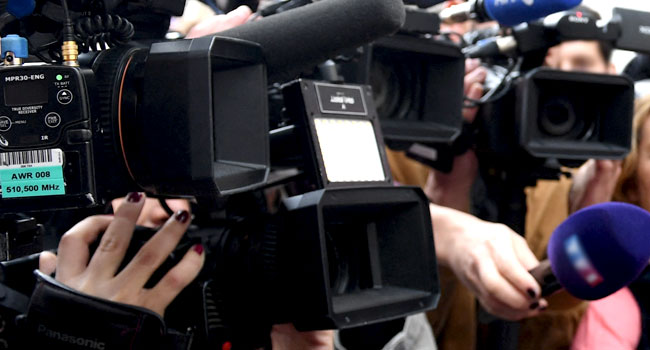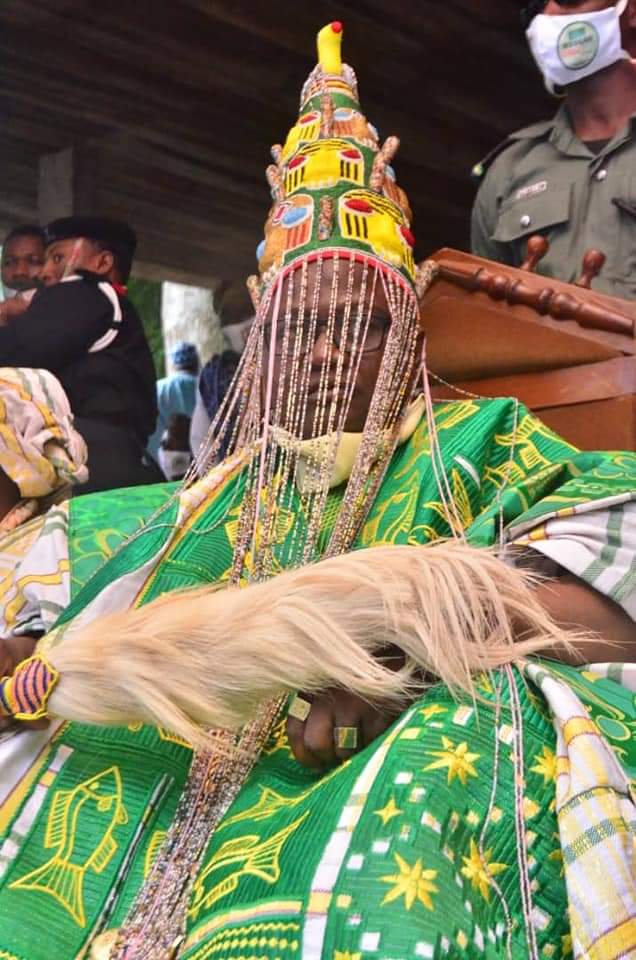The United Nations has called on various governments to respect the rights and protect journalists and media workers in their respective countries.
UN Secretary-General, Antonio Guterres, made the call in his message to commemorate this year’s World Press Freedom Day tagged ‘journalism under digital siege’.
He stressed the need to shine a spotlight on the essential work of journalists and other media workers who seek transparency and accountability from those in power, often at great personal risk.
“Throughout the COVID-19 pandemic, many media workers have been on the frontlines, providing accurate, science-based reporting to inform decision-makers and save lives,” Guterres said. “At the same time, journalists who cover climate, biodiversity, and pollution have succeeded in bringing global attention to this triple planetary crisis.
“But the threats to the freedom of journalists and media workers are growing by the day. From global health to the climate crisis, corruption, and human rights abuses, they face increased politicisation of their work and attempts to silence them from many sides.
“Digital technology has democratised access to information. But it has also created serious challenges. The business models of many social media platforms are based not on increasing access to accurate reporting, but on increasing engagement – which often means provoking outrage and spreading lies.”
According to the UN scribe, media workers in war zones are threatened not only by bombs and bullets but by the weapons of falsification and disinformation that accompany modern warfare.
He worried that such persons could be attacked as the enemy, accused of espionage, detained, or killed, simply for doing their jobs.
Digital technology, Guterres stated, has also made censorship even easier as many journalists and editors around the world were at constant risk of their programmes and reports being taken offline.
Stressing that digital technology creates new channels for oppression and abuse, he lamented that women journalists were at particular risk of online harassment and violence.
“UNESCO found that nearly three in four women respondents had experienced online violence,” the UN chief explained, adding “Hacking and illegal surveillance also prevent journalists from doing their jobs.
“The methods and tools change, but the goal of discrediting the media and covering up the truth remains the same as ever. The results are also the same: people and societies that are unable to distinguish fact from fiction and can be manipulated in horrifying ways.
“Without freedom of the press, there are no real democratic societies. Without freedom of the press, there is no freedom. The United Nations is working to support journalists and media workers everywhere.”
Guterres explained that the UN established a Plan of Action on the Safety of Journalists 10 years ago to protect media workers and end impunity for crimes committed against them.
“On World Press Freedom Day, we honour the essential work of the media in speaking truth to power, exposing lies, and building strong, resilient institutions and societies,” he said.







